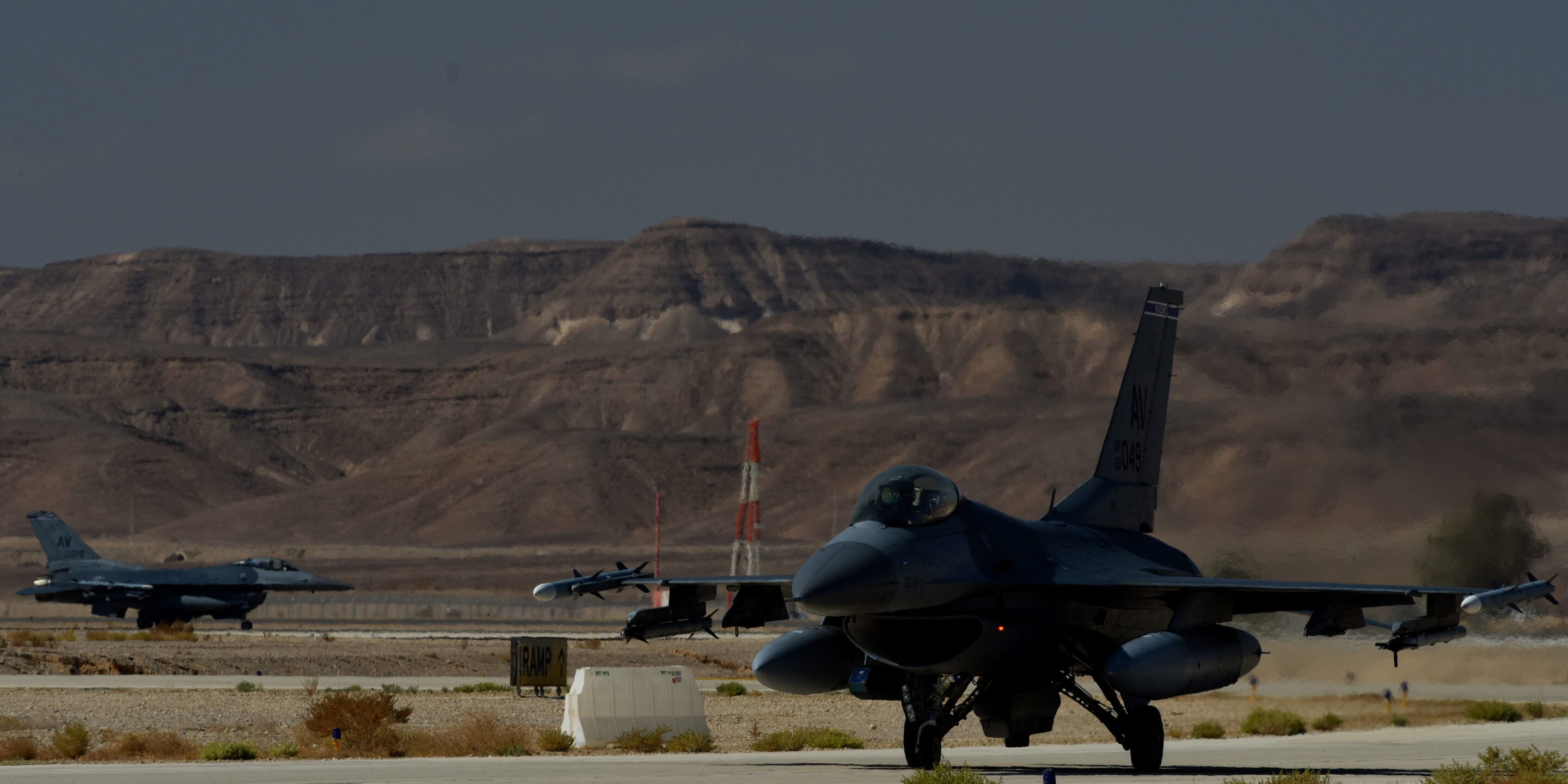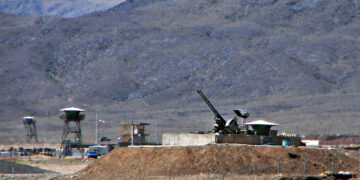
The United States is by far Israel’s closest, most important security partner. Washington provides the Israelis $3.8 billion in military aid every year under a memorandum of understanding crafted during the Obama administration, money that comes with no strings attached. Since Israel’s founding in 1948, total U.S. aid has reached nearly $159 billion—approximately 78 percent, or $124 billion, of that sum was earmarked for military assistance.
Before the Israel-Hamas war erupted on Oct. 7, even the thought of conditioning U.S. aid to Israel was a non-starter. Yet today, after nearly two months of conflict in which more than 15,000 Gazans have been killed and more than half of northern Gaza’s buildings have been damaged, conditionality is now considered by some—particularly in the Democratic Party—as an option worth considering.
While the Biden administration and members of Congress have supported Israel’s campaign to wipe out Hamas in Gaza, concern is growing that the Israel Defense Forces (IDF) are operating in a way that is, if not indiscriminate, then more lethal than it needs to be. On Nov. 8, the majority of the Senate Democratic caucus wrote a letter to President Joe Biden requesting information on how the administration is ensuring that Israel is complying with international humanitarian law. This isn’t a letter the White House can shove aside; Biden has requested $14 billion in additional military aid for Israel as part of his $106 billion national security supplemental, so concerns about Israel’s conduct in Gaza are highly relevant if the White House wants to persuade lawmakers in his own party to support the package.
More on Middle East

Featuring Rosemary Kelanic
October 16, 2025
Featuring Daniel Davis
October 15, 2025
Events on Israel-Hamas







